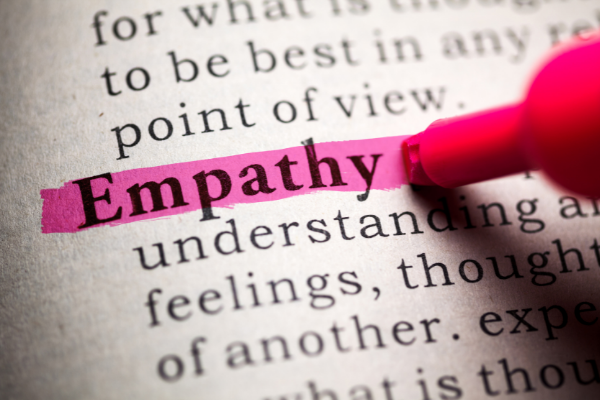

Recent Posts
- 7 Signs Your Membership Organization Forgot How to Be a Membership Organization
- Unlocking Membership Engagement – Unlike Cereal, it’s NOT a Product
- The 80% Principle: Unlocking Resilience in Membership Organizations
- Embracing Failure: A Recipe for Association Success
- Breaking Barriers: The Path to Inclusive Associations
Recent Comments
No comments to show.
Categories
- Associations
- General
- General|Generation Z
- Generation X
- Generation X|Generation Y|Generation Z|Generations|Membership
- Generation X|Generation Y|Generation Z|Membership
- Generation X|Generation Y|Generation Z|Membership|Millennials|Save the Associations|Succession Planning
- Generation Y
- Generation Y|Millennials|Succession Planning|Talent Development
- Generation Z
- Generation Z|Membership
- HR/Business
- Industry – Construction|Scary Stats|Succession Planning|Talent Development
- Industry – Education|Millennials|Scary Stats|Succession Planning|Talent Development
- Industry – Finance
- Leadership
- Media Appearance
- Membership
- Membership|Save the Associations
- Millennials
- Organizations
- Save the Associations
- Scary Stats
- Succession Planning
- Talent Development
- Uncategorized
- Workforce
